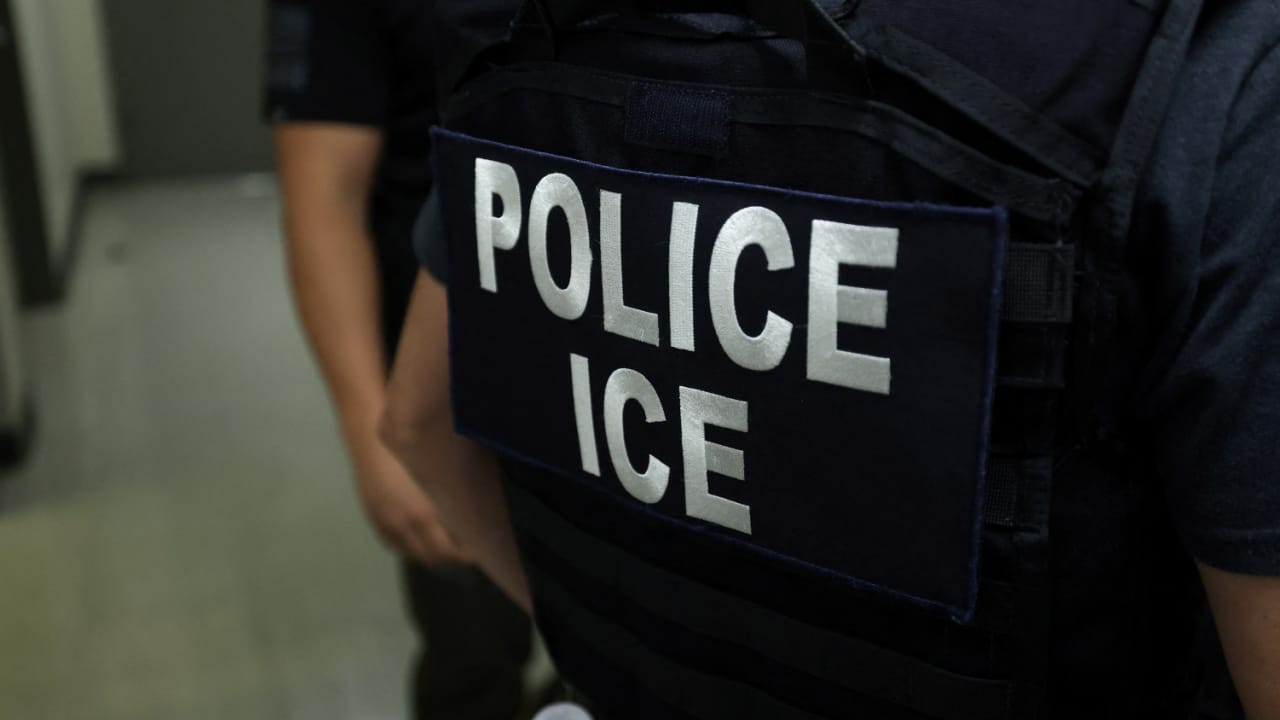Here’s Why the FBI Arrested a Puerto Rican Mayor Last Week Amid Corruption Scandal
While Puerto Rico was obsessing over the history-making Bad Bunny concert, the island was rocked by a major corruption scandal on December 9 when the Federal Bureau of Investigation (FBI) arrested the mayor of Guaynabo, a wealthy San Juan suburb, on corruption charges. With his arrest, Guaynabo Mayor Ángel Pérez Otero joined Félix “el Cano” Delgado, the mayor of the town of Cataño, who was also arrested a few days before on corruption charges.
Both mayors were rising stars in the Pro-Statehood New Progresive Party (PNP) causing many voters to lose faith in the party. The same party that had to clean up its image after the scandal surrounding previous Governor Ricky Roselló’s whatsapp chat mocking the plight that Puerto Ricans faced after Hurricane Maria.
The scandal began on December 30 when Cataño mayor Delgado pleaded guilty to conspiracy to commit bribery and receive kick-backs from a 10 million dollar contract made with Waste Collection Corp, a construction company.
Delgado reportedly received $2,000 dollars weekly since June 2017 in exchange for continually awarding the company contracts with the town government. This means that Delgado received much more than his $66,000 salary from the company alone. Not to mention that he also received a Rolex watch valued at $94,000 and $30,000 in cash to use on his 2016 reelection campaign.
Walter Vélez, a Puerto Rican election official, told Puerto Rican news website Noticel that this type of corruption is difficult to track because when bribes are given in cash, there are little to no avenues for tracking. But that didn’t stop the FBI from uncovering the case and now Delgado is reportedly giving them information on other corrupt politicians on the island.
The scandal spread to Guaynabo last Thursday when FBI agents stormed the house of Mayor Ángel Pérez Otero and arrested him on charges of conspiracy to receive bribes, bribery and extortion. Collectively, these charges could result in 35 years in prison for Pérez Otero.
The corruption charges against Pérez Otero aren’t that different from those raised against Cataño Mayor Delgado. According to Federal Prosecutors, he regularly accepted $5,000 cash bribes from a construction company in exchange for awarding contracts to the company. In order to hide these bribes, he reportedly met the contractor in secret places and communicated with them via cryptic text messages.
The arrest of Pérez Otero has shocked many within his party given his role as the President of the Federation of Mayors of Puerto Rico and the international fame (and criticism) he gained for giving President Trump a tour of the wealthy suburb after Hurricane Maria hit the island in 2017.
Puerto Rican Governor Pedro Pierluisi, also a member of the New Progressive Party, reported via Twitter that he was “disappointed and truly upset about the arrest” but “before a federal accusation there’s no friendship or affiliation that can save you.”
This is most likely not the last case of corruption that will rock the island in the near future considering the fact that Federal prosecutors recently accused Radamés Benítez Cardona, an employee of the town of Trujillo Alto of taking part in a bribery scheme with the same company.
The fact that two corruption scandals have hit the pro-statehood New Progressive Party in less than two weeks has made many Puerto Ricans question if the pro-statehood movement is actually about achieving equality or enriching themselves. A feeling that has been aggravated by the fact that the elections to replace the mayors accused of corruption are only allowing candidates from the New Progressive Party to run in the election.
This feeling of being left out has led various members of the Puerto Rican Congress to draft legislation that would allow candidates from all five of Puerto Rico’s political parties to run in the upcoming elections.
Senator Ana Irma Rivera Lassén, a member of the Citizen’s Victory Movement, told the newspaper El Vocero that: “In closed processes the parties are the ones who stay in charge of the position that the people voted for. The best way to guarantee democracy and respect voters, in vacancies like these, is to allow an open election that goes beyond one party”




